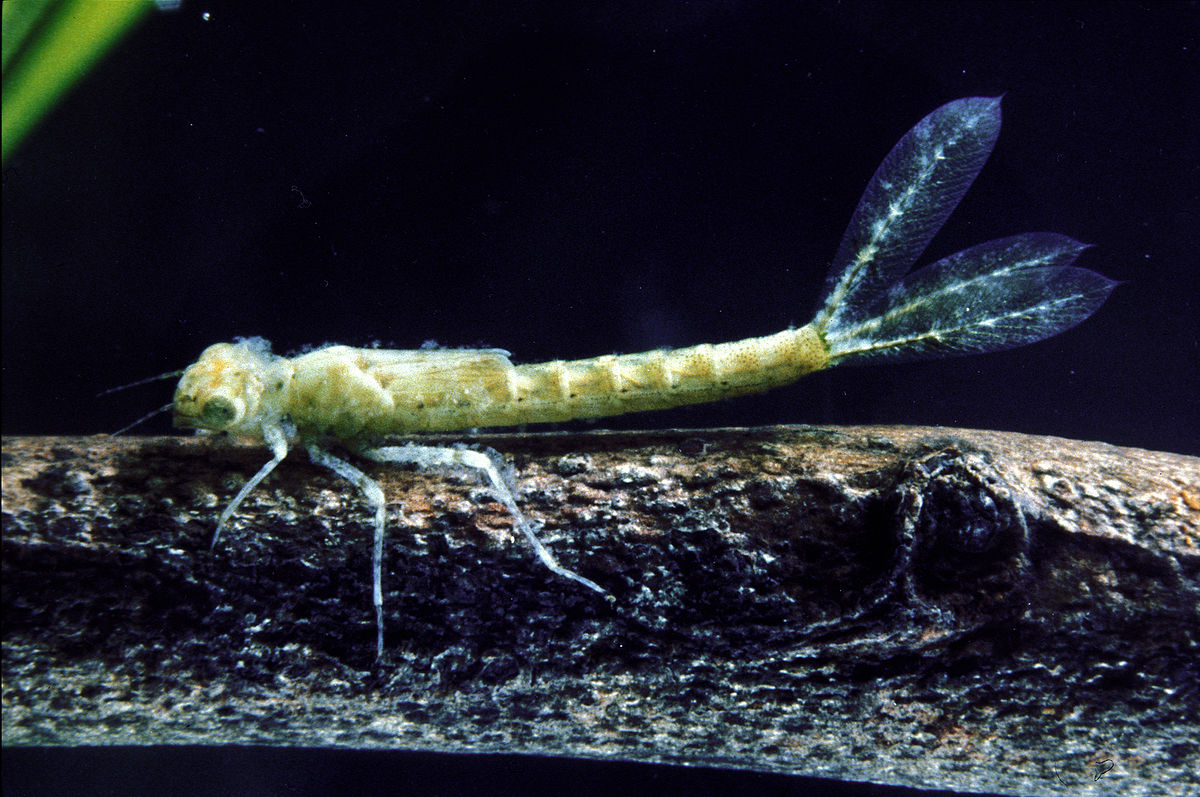
Those dragonflies and mayflies soaring through the air over a stream, got their start in a stream as an aquatic macroinvertebrate, small aquatic animals and the aquatic larval stages of insects. They include dragonfly and stonefly larvae, snails, worms, and beetles. Often found attached to rocks, vegetation, logs and sticks or burrowed into the bottom sand and sediments, macroinvertebrates play important roles in stream ecology as nutrient cyclers and as food for upper levels of the food chain. They are also used by scientists to assess water quality. As a plus, they are just really cool.
In this 3-Part Workshop, led by stream ecologist, Ken Belt, you will learn about the life history of aquatic insects, role of these insects in freshwater aquatic ecosystems, and insect structure, morphology and adaptations. How the presence or absence of various species are indicators of water quality will also be covered. By the end of the workshop, you should be familiar with the common macroinvertebrate orders at a glance and have the taxonomic tools at your fingertips to identify whatever you may encounter including macroinvertebrates.org, an online identification tool for Common Freshwater Macroinvertebrates of Eastern North America.
(Tuesday – September 27) DAY 1 – Online via Zoom – 7pm-9pm
(Saturday – October 1) DAY 2 – In the Field – exploring streams – 11-3pm
(Sunday – October 2) DAY 3 – In the classroom using microscopy for ID – 12pm-4pm
Dr. Ken Belt has studied urban streams and their ecology in Baltimore for 40 years. He has worked for Baltimore City Department of Public Works, the USDA Forest Service, and the Baltimore Ecosystem Study, and now teaches at the department of Geography and Environmental Science at UMBC. His perspective has been holistic, with an eye for both the engineering of the urban landscape and the connections to aquatic ecosystems. He is also a new curator for NHSM where he is starting an aquatic insect collection and planning various identification training and education venues. Ken’s research interests focus on the interactions between stream biogeochemistry and ecological structure and function, and how these are affected by the mosaic of forests and engineered infrastructure on and within urban landscapes. Currently he is encouraging the use of ecohydrological principles in the designing of stormwater management networks, in particular those using a Nature Based Solutions (NBS) approach.
Cancellations more than 7 days prior to the class will incur a $10 processing fee. Cancellations not accepted within a week of the course.